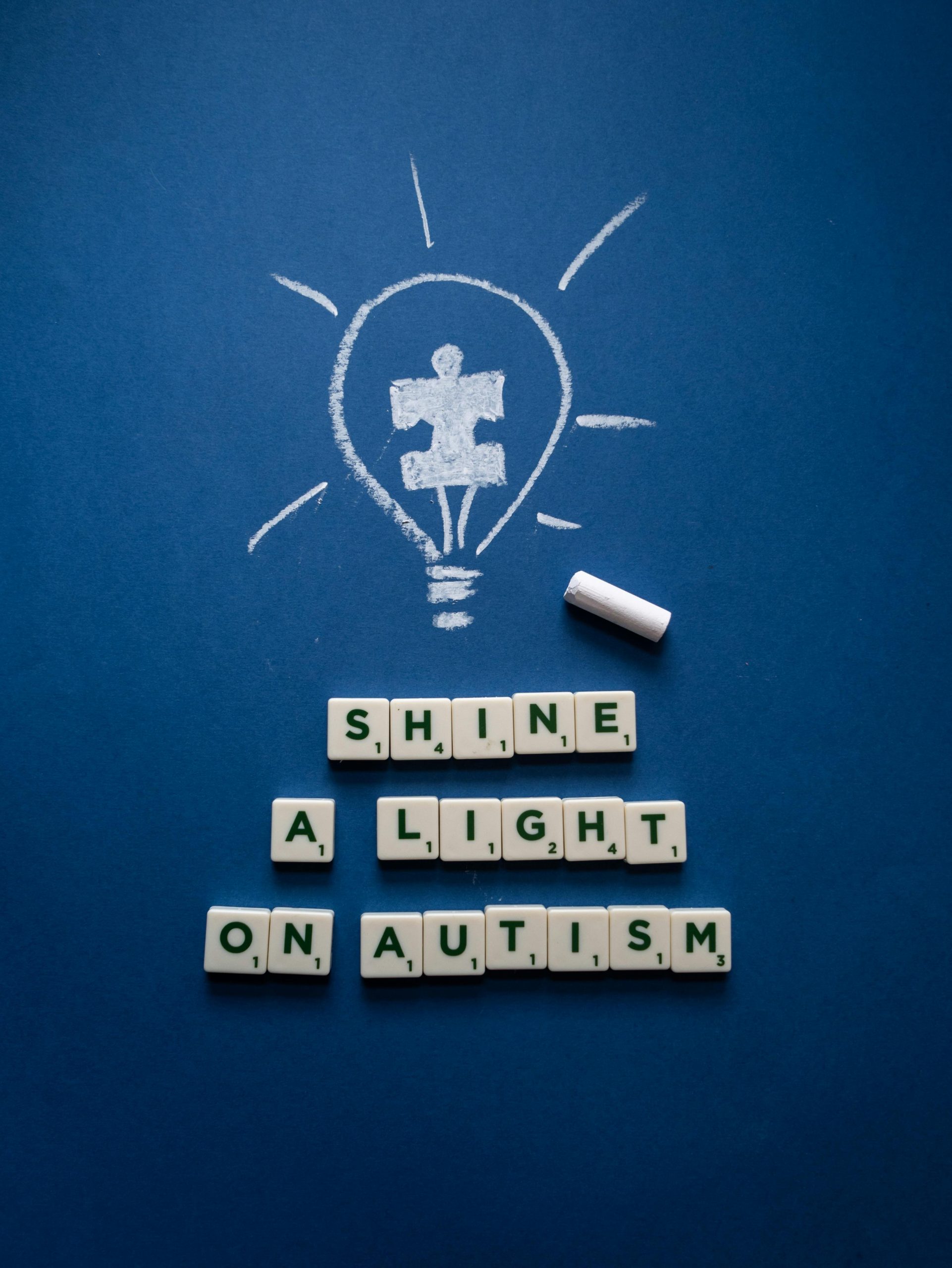Every year, on April 2nd, the world comes together to observe World Autism Awareness Day. This is a day dedicated to increasing understanding and acceptance of autism spectrum disorders (ASD). Autism is a complex neurological condition that affects individuals differently, influencing how they perceive the world, communicate, and interact with others. As we commemorate this day, let us shed light on what autism truly entails and how we, as a society, can better support those who are neurodiverse.
Dispelling Myths and Stereotypes
Autism is not a single condition but a spectrum, meaning that neurodiverse individuals will have a wide range of strengths, challenges, and abilities. Whilst some individuals may have exceptional talents in areas like maths, music or art, others may struggle with social interactions, sensory processing, or communication.
Autism is not a disease that needs to be cured. It is a fundamental aspect of a person’s identity. Those with autism have unique perspectives and experiences that contribute to the rich tapestry of human diversity and rather than focusing on ‘fixing’ autistic traits, the emphasis should be on providing support, accommodations, and acceptance to help individuals to thrive.
Creating an inclusive society involves ensuring that individuals with autism have equal opportunities to participate and contribute in all aspects of life. This is particularly important in education. Ensuring we have sensory friendly environments, visual timetables, and assistive communication devices can hugely support those with autism. BDMAT are working hard to ensure that all neurodiverse children within our schools have access to resources as needed despite the challenges that the current educational climate is facing.
Actively promoting autism acceptance and challenging stereotypical views means that we can help society to break down barriers to ensure inclusion. By embracing neurodiversity, we celebrate the unique talents and perspectives that individuals with autism bring to our communities.
As we mark World Autism Awareness Day, let us recommit ourselves to building a more including and understanding world for neurodiverse individuals. This requires ongoing education, advocacy, and action at all levels of society. By embracing diversity, fostering acceptance, and providing support, we can create a world where every individual, regardless of neurodiversity can thrive and fulfil their potential.
Together, let us celebrate the unique talents, perspectives and contributions of individuals with autism, not just on 2nd April, but every day of the year, let us strive for a world where differences are celebrated, inclusion is the norm, and all individuals are valued for who they are.
